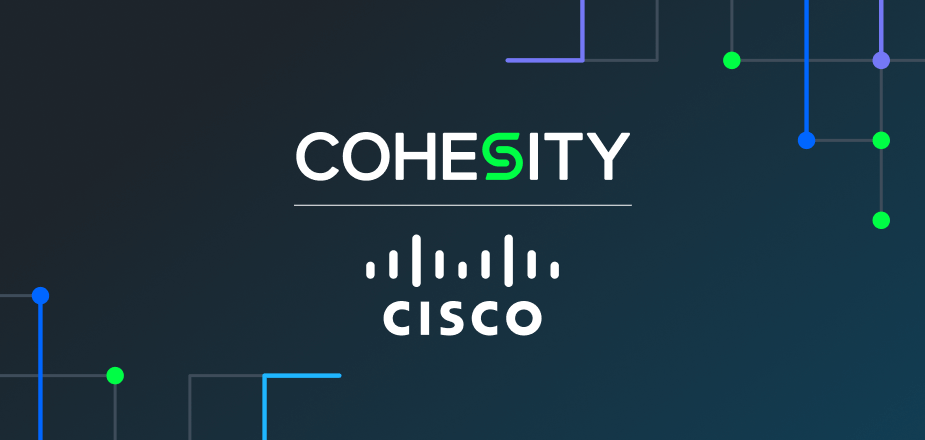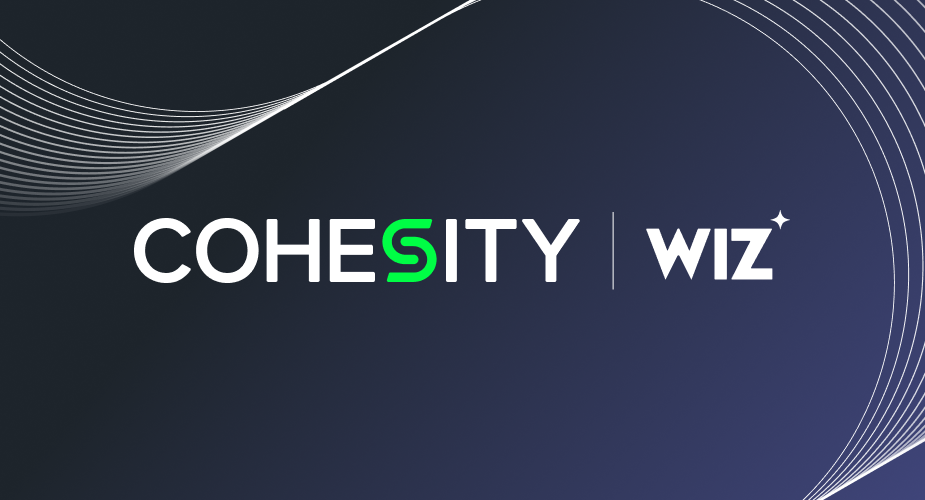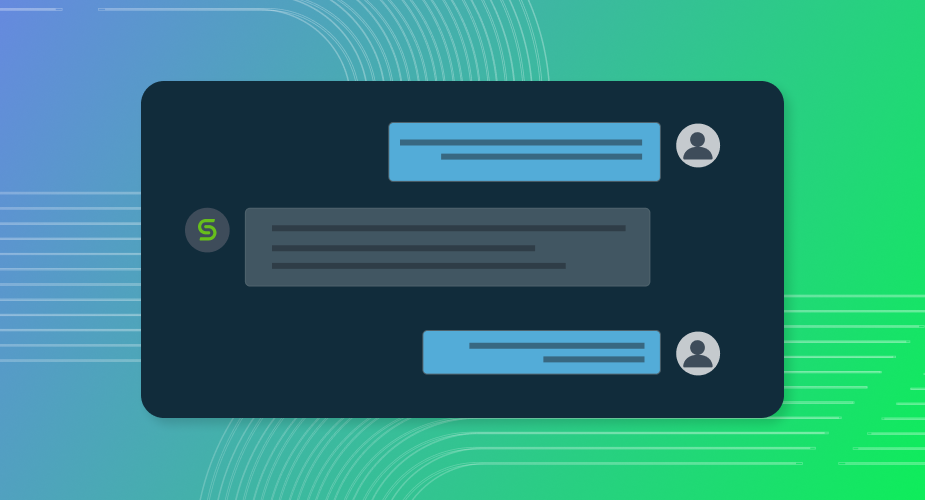Over the last decade, there has been a steady trend of moving away from large, monolithic, on-premises applications towards modern, microservices-based and Software as a Service (SaaS) applications. As enterprises undergo digital transformation, applications that run their businesses have become strategic to the success of the organization. The adoption of DevOps methodology and agile development practices have evolved to support this trend. Further, organizations are moving application development and testing to the public cloud to accelerate the process
However, the underlying and closely meshed problem of data availability has largely remained unresolved. Specifically, the challenge that organizations face in providing high-quality data in a timely and secure fashion to their teams remains the largest barrier and the long-pole for success.
Every application in an organization has to deal with data and the nature of this data itself has been transformed over the last few years. This transformation has been driven by:
- An exponential growth in the volume of data
- Increasing heterogeneity of data sources
- Multiple locations where data can be present (on-premises and cloud)
Even in the era of digital transformation, Fortune 500 companies take weeks or, most often, months to deliver clean data to their teams—often mandating a carefully coordinated effort across multiple teams. Further, this has necessitated the use of ingenious, albeit often insufficient, methods such as the use of synthetic data sets or subsets of data.
On the flip side, data availability itself presents unique challenges of its own:
- Compliance and security issues from data leaks of sensitive or personally identifiable information
- Loss of control and visibility as data often is copied, lifted and shifted to another physical infrastructure
- Burgeoning infrastructure and storage costs
- Data and tool fragmentation across the organization
Not surprisingly, the most difficult problems can have a rather simple solution. In this case, the solution lies in an asset that already exists within most organizations—your backup data.
Accelerate Application Development and Testing
Cohesity Agile Dev and Test allows you to seamlessly extend your existing backups for secure data availability within your organization in three simple steps:
- Protect your production or source data using our automated policy-driven backup
- Instantly provision zero-cost clones for your dev and test teams
- Update clones on an as-needed basis, without setup or configuration changes
Cohesity Agile Dev and Test eliminates the storage and infrastructure overheads associated with creating multiple data copies. We only require a one-time data ingest, and with our global dedupe and compression and zero-cost clones, we minimize the data footprint and eliminate bloat. Using Cohesity SnapTree, we can reference the ingested data rather than duplicate it, which effectively reduces the amount of data being stored and transported.
SnapTree doesn’t just do data management — it eliminates the need to make data copies. Users can instantly provision clones of backup data, files, objects, or entire views and present those clones to support a variety of use cases. Cohesity’s zero-cost clones are extremely efficient and can be instantly created without having to move data. This is in stark contrast to the inefficiency of the traditional DevTest paradigm, in which full copies of data are created between infrastructure silos. This is a dramatic shift to modernization.
By decoupling data from the underlying infrastructure in this way, we enable organizations to automate data delivery, and provide data mobility. Zero-cost clones can be spun up in minutes rather than weeks. As a result, customers have reduced their service level agreement (SLAs) for data delivery, accelerated application delivery and migration, and greatly simplified their data preparation.
Importantly, we do this while providing you with complete control over how the data is being shared, managed, and propagated through your organization. Cohesity’s robust Role Based Access Control (RBAC) policies allow you to define RBAC-based access to clones. The task of deleting a clone or revoking access is as simple as a click of a button. With the Cohesity MarketPlace, we continue to broaden our (integrated) portfolio of compliance and security offerings that you can leverage to keep your data secure.
Today, data has become the heart and brains of a business, touching practically every department and fueling strategic initiatives such as machine learning. We’re proud to drive this journey for our customers and excited to catalyze their move towards digital transformation.















